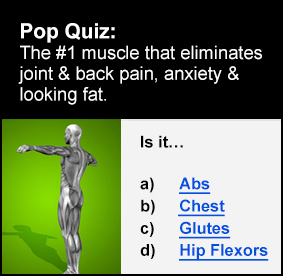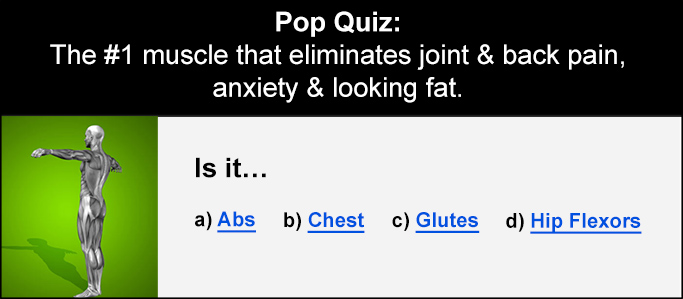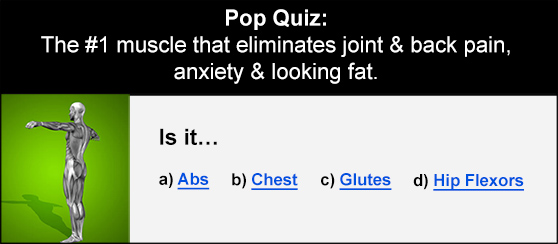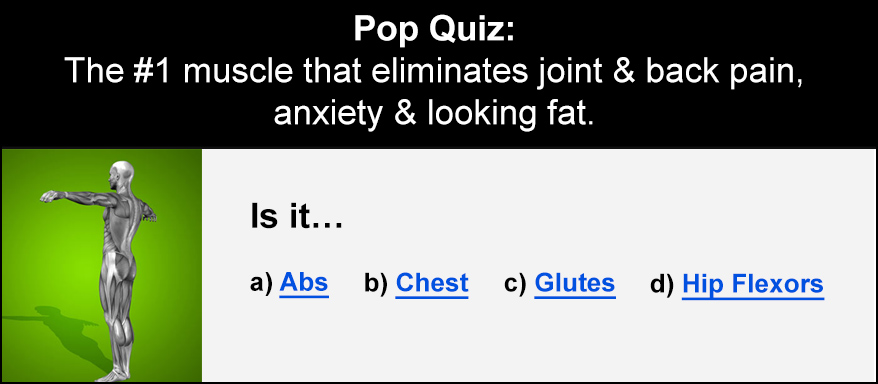
If you have ever suffered with heartburn you know all too well just how terribly uncomfortable and painful it can be. And for very long periods of time too. You will also likely agree that you would be willing to do just about anything to make it stop!
Well luckily there are several ways that GERD can be treated. Depending on the severity of your GERD symptoms, you may be find relief in some tried and true home remedies, or you may have to begin a protocol of prescribed treatment. Let’s look at both.
Common Treatments For GERD
When you are diagnosed by your doctor with GERD, he/she may want to first address any lifestyle behaviors FIRST before prescribing a specific medication. If it is possible to reduce your symptoms by making changes to your diet and lifestyle, this will have influence as to what type of drug treatments are best suited to you and also the frequency with which you will need to take them. Wouldn’t it be great to be able to manage your GERD with some simple lifestyle changes, and not have to solely rely on medication?
Now, depending on how severe your GERD symptoms are and how much it is affecting your quality of life, your doctor may decide to go right to a prescription medication as the best course of treatment. However, if they feel that lifestyle changes are having a positive impact, they are likely going to suggest an over-the-counter medication first. Over counter medications that can help with the symptoms of GERD include:
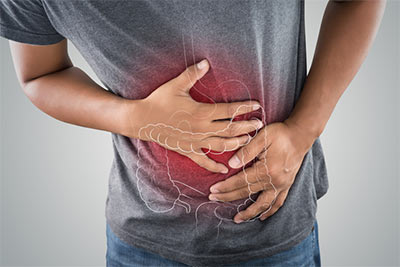
Antacid
Antacids neutralize stomach acid and can provide quick relief from your symptoms, but they will not heal inflamed esophageal tissue. Some common over-the-counter antacids are Mylanta, Tums and Rolaids.
H-2 Receptor Blockers
These types of medication work to reduce acid production in the stomach. While these medications do not work as quickly as do antacids, they do provide longer relief and can reduce stomach acid production for up to 12 hours. Some common over-the-counter H-2 receptor blockers include Pepcid AC and Axid AR. Stronger versions of H-2 receptor blockers are available as a prescription as well.
Proton Pump Inhibitors
These medications are similar to the H-2 receptors in that they reduce acid production in the stomach BUT … they are also able to help heal damaged esophageal tissue. Over-the-counter proton pump inhibitors include Prilosec OTC and Prevacid 24 HR.
When over-the-counter medication fails to help improve your symptoms of GERD, it may be necessary to be prescribed something stronger. Both the H-2 receptor blockers and the proton pump inhibitors are available as a stronger prescription medication. However, once prescribed these types of medications it is necessary to have regular follow-up appointments with your doctor. While these medications are generally very well tolerated, prolonged use of them may cause some side effects.
Possible side effects from prolonged use of H-2 blockers and proton pump inhibitors include an increased risk of vitamin B-12 deficiency and possibly bone fractures.
GERD can usually, even in the most severe cases, be managed and controlled with medication. However, when this is not the cause or when a patient does not want to be on a long-term medication protocol, then surgery is an option. There are 2 types of non-invasive surgical procedures used to treat GERD. They are:

LINX Device
This is a ring of magnetic beads that is wrapped around the LES. The magnetic attraction between the beads is strong enough to keep the LES tight enough to prevent gastric juices from making their way back up the esophagus, but still lax enough to allow food to pass through easily.
Fundoplication
This is a procedure where the surgeon wraps the top part of the stomach around the LES to tighten the muscle and prevent acid reflux.
Home Treatments for GERD
Now I am someone who is always in favor and looking into what can be done “non-medically” to support healing and reduce symptoms when at all possible and as long as it does not put you at any risk whatsoever.
Are there any home remedies that can help to treat and/or relieve the symptoms of GERD? Well, when you consider that lifestyle behaviors and diet are something that can have an impact on GERD, then this is where one would start. If you know that certain foods, beverages, habits are causing you to suffer terribly with GERD then … STOP!
Here is a list of more lifestyle changes that can support reducing you GERD symptoms:
Maintain a healthy weight
Quit smoking
Avoid the foods and beverages that trigger your symptoms
Avoid wearing excessively tight clothing; especially around your waist
Do not lay down right after eating
Eat more, smaller meals instead of 1-2 massive meals
Chew gum after eating
There are also certain herbs that can help to alleviate your symptoms and these include:
Licorice root
Marshmallow root
Chamomile

These can all be found sold as teas, which can be a great after dinner beverage that may help keep acid reflux at bay or at least minimize its severity.
If you are experiencing acid reflux two or more times a week, than you need to get in to see your doctor for a full assessment and accurate diagnosis.
If you are aware of certain foods, beverages and/or lifestyle habits that are causing your symptoms to be more intense, then make a conscious effort to start “cleaning house” and eliminating these things from your life … or at least reducing them significantly.
If you do suffer with GERD, managing and controlling your symptoms through better lifestyle choices and appropriate medication will allow you to still enjoy a quality of life that does include a lot of the things you enjoy.
Stay healthy. Be happy.


